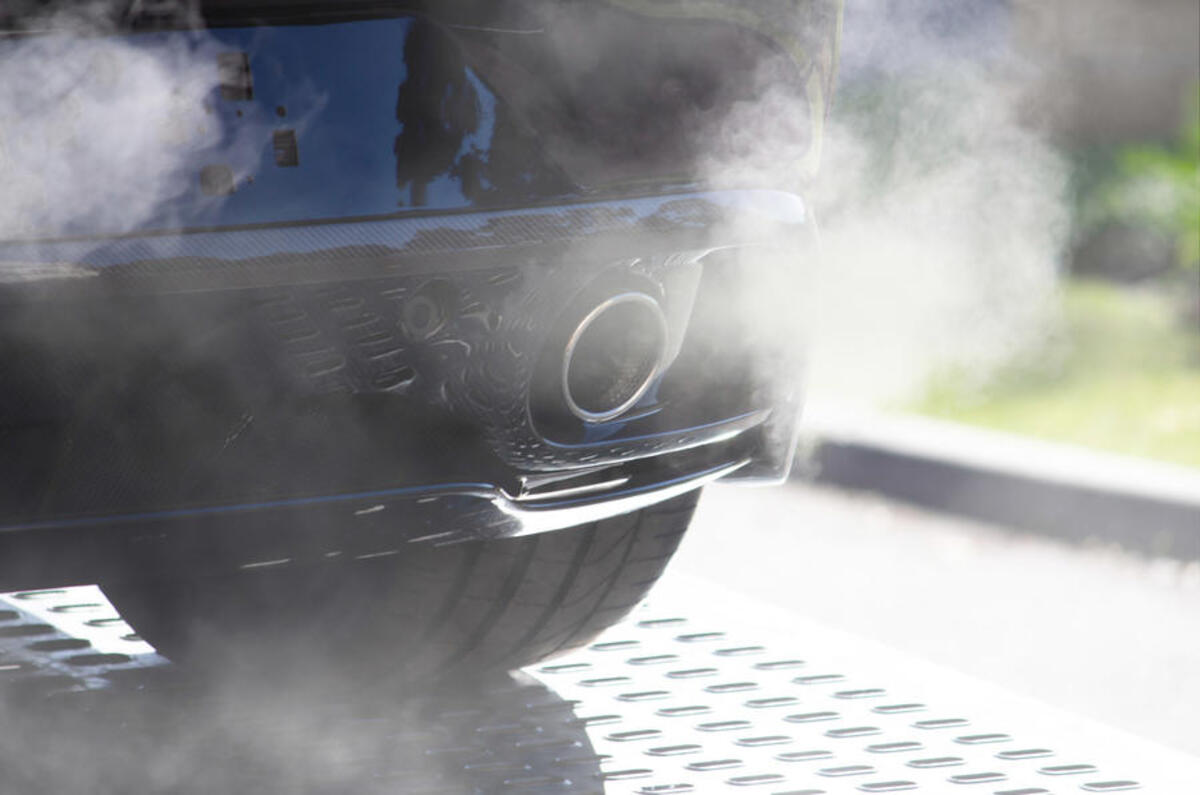Software used in Volkswagen Group cars to alter emissions based on the outside temperature and altitude is illegal and should be viewed as a "defeat device", according to a European Court of Justice (CJEU) adviser.
Advocate general Athanasios Rantos presented his argument to judges at Europe's top court after the Austrian Supreme Court, on behalf of Volkswagen Group vehicle owners, queried the legality of devices that serve this purpose.
Three cases are being heard at the CJEU, each regarding Austrian-owned Volkswagen Group vehicles with software that deactivates the exhaust-purification process at ambient temperatures below 15deg C and above 33deg C and at altitudes of more than 1000 metres.
In these conditions, the vehicles emit more NOx than is permitted by European legislation, prompting the Austrian courts to question whether they should be permitted.
Speaking ahead of the judges' final ruling (which is widely anticipated to concur with his), Rantos highlighted a CJEU judgement from December 2020 that determined that a device designed to "improve the performance of the emission control system" during type-approval processes constituted a defeat device.
European law does allow for cars to be equipped with such technology, but only if it's "justified in terms of protecting the engine against damage or accident and for safe operation of the vehicle". Rantos said that the parameters used by the vehicles in question were outside of what might be considered "real-world" use in Austria, where the average temperature is often below 15deg C and many vehicles are often driven above 1000 metres.
He argued that the software therefore reduces the effectiveness of the emissions-control system in normal vehicle operation and use, rather than in extreme scenarios, and thus should be labelled a defeat device.
Also, Rantos said, because the system in question is integrated into the exhaust gas recirculation valve, its deactivation offers no protection to internal engine components in low temperatures or high altitudes.
It's not yet clear which vehicles are fitted with this device, nor how many are in circulation. Devices such as these aren't unique to the Volkswagen Group, but it remains unclear at this stage what the ramifications could be for the industry as a whole if the legislation surrounding emissions-reducing systems are tightened further.
In summary, Rantos proposed, any vehicle equipped with such a device doesn't comply with regulatory requirements and thus doesn't conform with the contract of sale between the supplier and the consumer. He went on to suggest that any owners of such vehicles should not be "denied the right to seek rescission of the contract".
In an official statement sent to Autocar, Volkswagen said: "According to the criteria established by the Advocate General in his opinion, the thermal windows used in Volkswagen Group vehicles remain permissible. Their purpose is to prevent sudden and immediate risks of damage to the engine.
"In modern diesel engines, eg. in those used in vehicles of the Volkswagen brand, the exhaust gas recirculation is only reduced at temperatures well below 15deg C. In real driving conditions, the thermal window is de facto no longer used in these vehicles.








Join the debate
Add your comment
It's disgusting that VW and other big German manufacturers have been effectively given a free pass to cheat the EU designed tests in this way.
If it had been a Chinese manufacturer, this would have incurred an EU ban or massive import duties as punishment, but the EU bureacrats have said and done virtually nothing about these cheating companies.